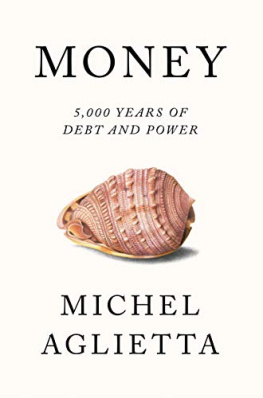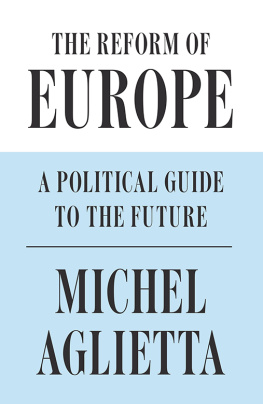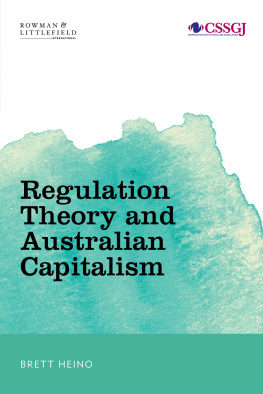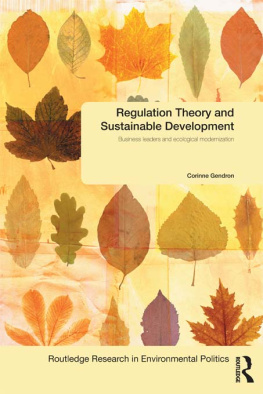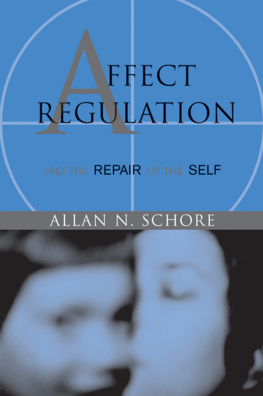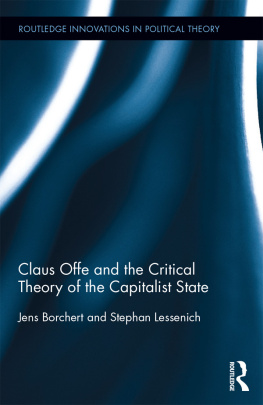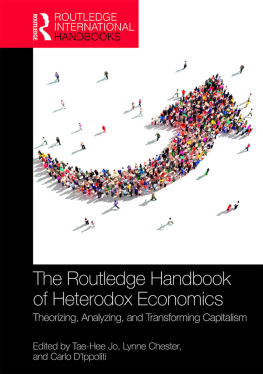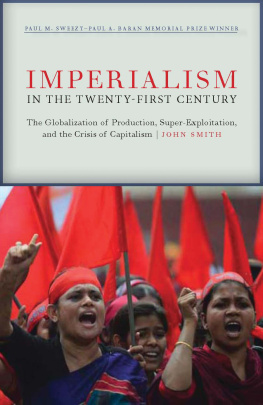The Need for
a Theory of
Capitalist Regulation
1. Regulation, Equilibrium and the Concept of Reproduction
At the present time, dissatisfaction with the body of doctrine that the academic establishment considers scientific economics is expressed with growing intensity by an ever greater number of theorists. This dissatisfaction bears on two major failings of the dominant economic theory: firstly, its inability to analyse the economic process in terms of the time lived by its subjects, in other words to give a historical account of economic facts; and secondly, its inability to express the social content of economic relations, and consequently to interpret the forces and conflicts at work in the economic process. These two aspects are certainly not independent of one another or simply juxtaposed. But their essential unity is often inadequately grasped by contemporary critics, thinking as they generally do within the conceptual universe of the very theory they are seeking radically to criticize. The greater part of the time they use the language of this theory, which either vitiates their conclusions, or at best merely questions the correspondence of the orthodox theory to reality. What is seldom challenged, however, is the logic by which the concepts of the theory are developed.
There is indeed something fascinating about the monumental edifice constructed by the neo-classical theorists of a century ago. The attraction it can still exercize today is a function of its totalizing and totalitarian character. The theory is totalizing inasmuch as it is entirely geared to the elaboration of a single concept, that of general equilibrium. It is totalitarian because it reduces and excludes from its ambit economic phenomena identified from observation of real practices as imperfections, rather than dialectically transforming its concepts by incorporating a more concrete content into them. This is why the term regulation needs no definition in orthodox economic theory. In its universe, regulation is nothing other than the set of overall properties of general equilibrium. Conventional economic science presents itself as a set of coherent precepts which can be neither extended nor diminished; hence the inflexibility of doctrine that generally characterizes the high priests of equilibrium theory.
If this theory has exercized such a dictatorship over economic thought, it is because it supplies a reassuring vision of society and a justification for the profession of economist. General equilibrium is seductive because it suggests the collective harmony of a community whose subjects preserve their absolute autonomy yet where all conflict is excluded. The normative character of this theoretical project does not in any way diminish its prestige. Its protagonists claim to elaborate rules of efficiency which the economic system must obey so that all subjects can act rationally and their actions be mutually compatible. They compare existing economic systems according to these norms of absolute efficiency and conclude that capitalism is both the least bad alternative and the only system amenable to advance towards an optimal configuration. It should not be surprising that this double achievement has brought the profession of economist honour from the established social order. Reform without risks is underpinned by this normative science.
Yet the dissatisfaction that we mentioned persists and even grows. This is particularly so in periods of crisis, where the scale of the disequilibria of the real economy casts doubt on the validity of the concept of time with which general equilibrium theory operates. Keynes accomplished a profound theoretical renovation by turning for the sources of his inspiration to the This recuperation was facilitated by the fact that Keynes confined his theoretical horizon to the short run. For if there is one field in which equilibrium theory has found itself in serious trouble, and has made little headway on daunting problems, it is that of long-run economic movements. The very notion of equilibrium is put in question here, in an irrepressible way. In their desire to reconcile the concept of equilibrium with that of dynamic development, the neo-classical theorists caricature their own reductive procedures, putting the very notion of equilibrium blatently into question. A host of macro-economic models of development has mushroomed, all seeking the conditions for balanced or harmonious economic growth.
The failure of these countless models, which differ among themselves only by mathematical refinements of the same normative procedure, is particularly patent in the practical advice they have sought to offer the under-developed countries. Yet their inadequacies are no less at the theoretical level. Any treatment of growth that evacuates history leads to a conception of time that renders dynamics a mere variant of statics in effect, a logical time which is not the expression of any real movement. A variable called time is introduced into the characteristic multi-dimensional parameters of equilibrium, such that the representation of equilibrium conditions lays down paths of growth. The variable of time is not constructed; it is one of the independent variables of the model. But dynamics is etymologically the study of forces. It necessarily involves the construction of a temporality, as the characteristic of a real movement. The study of a movement, moreover, is the study of changes of state. If a system is described as dynamic, then the constitutive relationships of this system must have a logic of internal transformation. To conceive of the regulation of a system transforming itself in this way is to see the changes that occur in its relationships as such that these relationships can always be organized into a system. This raises two methodological problems.
On the one hand, we deny that what exists does so automatically. The notion of


